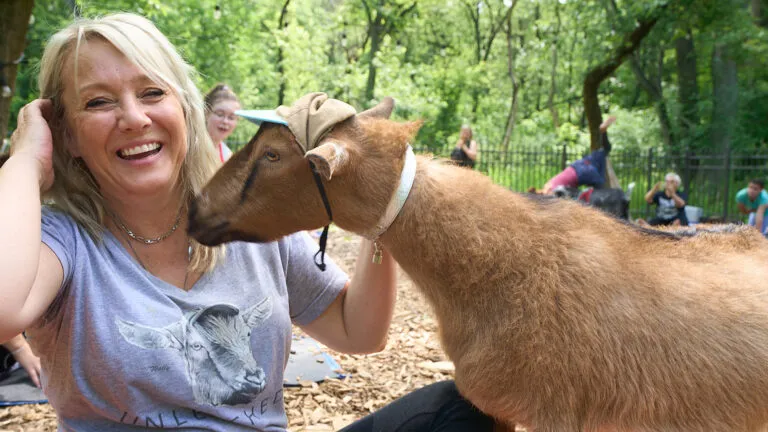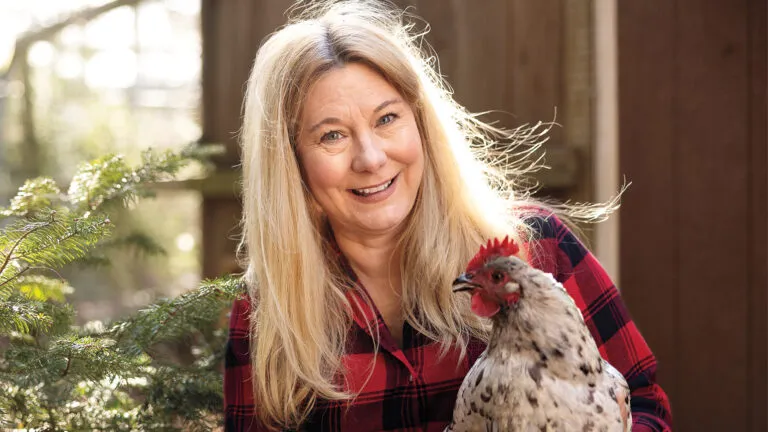It’s that time of year. We’re washing our hands, covering our mouths when we cough, and considering new and seasonal flu vaccines. Should we be concerned about our pets coming down with this recent human virus?
1. Dogs are safe.
Good news. According to the ASPCA dogs have little chance of contracting swine flu. Experts are continuously keeping an eye on the situation for any changes.
2. Cats should be monitored.
Although it was previously believed that cats were also safe, a cat in Iowa has now tested positive for the 2009 H1N1 influenza virus. The American Veterinary Medical Association (AVMA) and the American Association of Feline Practitioners (AAFP) are reminding pet owners monitor their pets’ health closely.
3. Potbelly and pygmy pigs are susceptible.
Pet pigs may contract swine flu. The ASPCA recommends taking “steps to limit possible transmission from humans to pigs and vice versa.” Influenza Type A vaccines are available for pigs.
4. Ferrets and birds are susceptible.
Ferrets and birds may develop swine flu, or other human flu viruses. Avoid exposing your pet to people and animals with flu symptoms.
5. Watch for signs of respiratory illness.
To date, pets infected with H1N1 have shown signs of mild respiratory illness. This may be rapid breathing, wheezing, sneezing or coughing. Also, it is important to be aware of other types of viruses your pet could contract.
Petwise newsletter writer Donna Russell suggests that your pet avoids sharing toys and water bowls when at the dog park or other public places. If your pet exhibits symptoms (coughing, loss of appetite, lethargy) bring him or her to be evaluated by your veterinarian.
For more information about swine flu and updated information on prevention, the ASPCA recommends the Center for Disease Control.
The AVMA is actively tracking all instances of H1N1 in animals and posting updates on their website.





